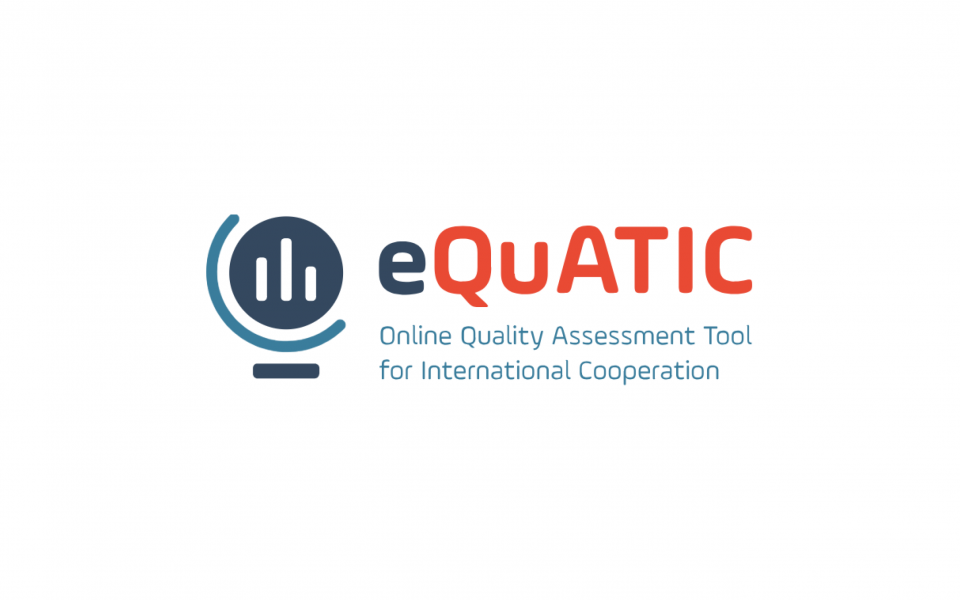The main objective of the project is to assess the quality of partnerships amongst Higher Education Institutions (HEI).
Started: 2017
Funding: Erasmus+ Key Action 2
Project budget: 237,745 €
Length: 2 years
Partners: 5
Since the beginning of the Erasmus programme, the number of bilateral agreements between higher education institutions has increased massively. During the EU programming period 2014-2020 however, the focus in setting up such agreements has shifted more and more from quantity to quality, from “partners” to “partnerships”. The question was: how can we objectively monitor the quality of our partnerships? In Flander, this question led to the development of an Online Quality Assessment Tool for International Cooperation (eQuATIC). This tool measures and exposes the strengths and weaknesses in international cooperation and partnerships. The main principle of eQuATIC is the use of quantified indicators, derived from data that were already available and were taken from various data sources. By converting quantitative and descriptive data into figures, cooperation with partners at different levels can easily be analysed and improved.
Based on the tool prototyped in Flanders, the eQuATIC project was born with the objective to generalise the use of the eQuATIC prototype to apply it for assessing the quality of partnerships amongst Higher Education Institutions. Upscaling the use of eQuATIC on a European scale will lead to a better monitoring of the quality of international cooperation and contributes to more successful partnerships and therefore a more efficient European Higher Education Area. When two partners use eQuATIC, they can generate reports about each other pointing towards weaknesses and problems in their cooperation. The project provided guidance on the further steps to tackle these weaknesses and to improve the quality of the partnership as a whole on both sides.
The project produced a research publication on the use of data for the internationalisation of higher education, as well as guidelines on how to use the tool itself to improve the partnerships underlying the mobility schemes
Partners: Ghent University, European University Foundation, European Consortium for Accreditation in Higher Education, Vlaamse Gemeenschap, University of Warsaw

